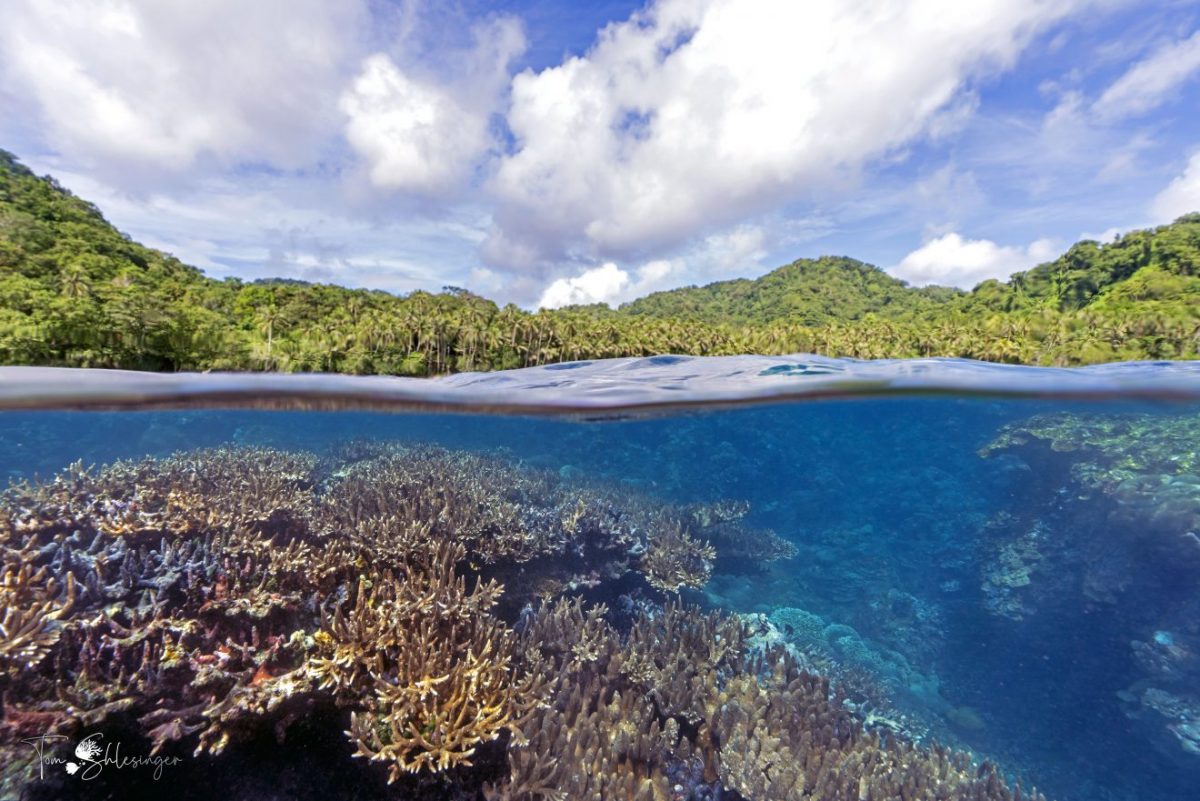New Study Finds Local Conditions Can Worsen Global Coral Threats
Effective Local Management Critical for Coral Survival
MELBOURNE, FLA. — Rising ocean temperatures are threatening coral reefs around the world, but a new study involving Florida Tech has found that local conditions can substantially diminish – or exacerbate – this threat. These findings offer an optimistic premise that effective local management, alongside global efforts to mitigate climate change, may help coral reefs survive.
The findings from Florida Tech professor Rob van Woesik and colleagues from Arizona State University, the University of California at Santa Barbara, ReefCheck, and the National Oceanic and Atmospheric Administration, were presented in the article, “Local conditions magnify coral loss after marine heatwaves,” published May 28 in the journal Science.
The study is based on an extensive global study supported by the National Science Foundation and conducted by ReefCheck using a standard method at hundreds of sites around the globe.
“While we have long known that coral bleaching can be devasting for corals during marine heatwaves, this study highlights a new factor – local conditions matter,” said van Woesik, a professor of ocean engineering and marine sciences and director of Florida Tech’s Institute for Global Ecology.
Marine heat waves are causing widespread coral bleaching and mortality. The new study finds that locations with high macroalgal cover – such as seaweeds and other benthic marine algae – are more likely to lose corals to mortality than locations with low macroalgal cover.
“While we can’t pinpoint the reason for each case of high macroalgae, we now realize that more corals die during marine heat waves when local macroalgae is abundant,” said Mary Donovan, assistant professor at the Center for Global Discovery and Conservation Science at Arizona State University and an author of the study.
This study incentivizes local actions to protect corals in concert with global solutions to climate change. While local management is no substitute for concerted global action to limit greenhouse gas emissions and slow climate change, this study shows that a ‘both/and’ approach is needed, researchers said. Local conservation actions help ecosystems resist climate-driven disturbances, but global reductions in carbon emissions are also essential to reduce coral bleaching.
“Reducing local pollution and maintaining a healthy abundance of herbivores will benefit reefs during marine heat waves,” said Deron Burkepile, an author of the study from the University of California at Santa Barbara.





